
Welcome to the We-Europeans Blog, where you’ll find engaging articles and information on populism and ways to counter it. If you’re interested in contributing, please join our community of practice, where you can submit your text through the provided form.
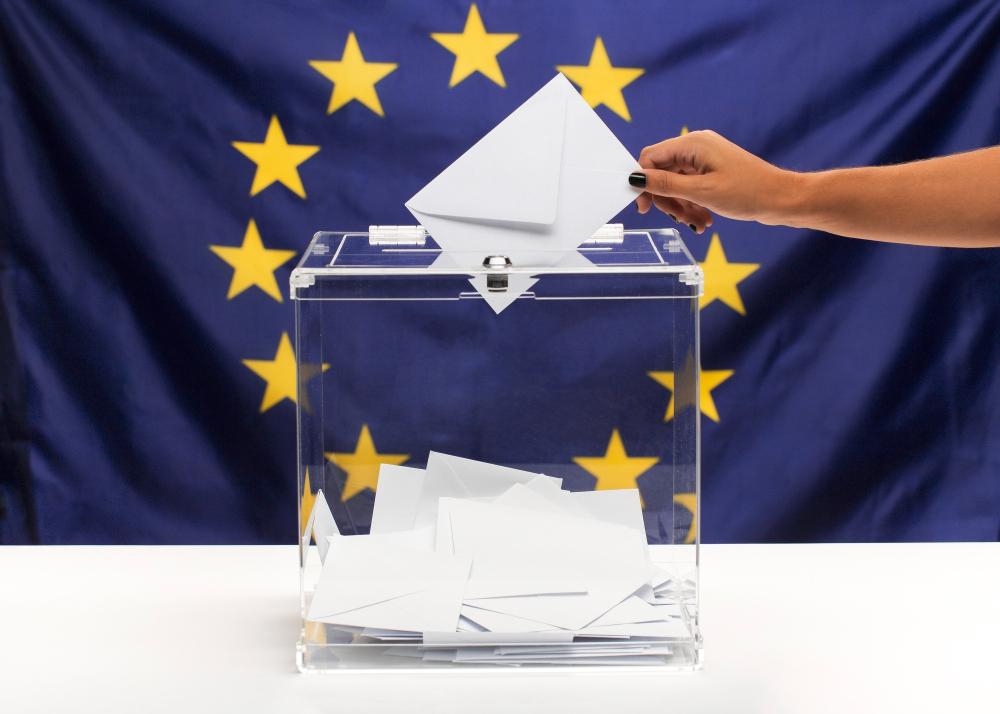
The European Elections of June 2024
The Rise of Populist Political Parties and the Role of Civil Society
The European elections of June 2024 mark a pivotal moment in the political landscape of the European Union. They have been characterized by a notable rise in populist political parties across the continent, reflecting a significant shift in voter sentiment and political priorities. Albeit this surge in populism, the active involvement of civil society in the electoral process has been crucial, highlighting the dynamic and hopeful development of grassroots movements working together with established political structures.

The intertwinning of Artificial Intelligence, Misinformation, and Populism in the Digital Age
The intertwining of Artificial Intelligence (AI) and misinformation has given birth to a complicated network that is interconnected with the growth of populism in the age of information overload

The populism of justice
One of the weapons that makes populism strong is that of judicial proceedings that last for many years. In Italy, it often happens that a trial closes in at least a decade. This situation favours populism, …

Dealing with democratic rights
In February 2024, the repression of student demonstrations in support of Palestine increased in Italy. Disturbing events occurred in Bologna, Naples and other cities in Italy,…

Why do only half of people in Poland vote in elections?
Only a few days have passed since Poles went to the polls to vote once again. Last Sunday (April 7) local government elections were held in Poland – we chose, among others: city presidents, mayors, councilors and local politicians who will represent us in the coming years. Or maybe just half of us? Once again, many election specialists paid attention not so much to the result of the vote itself, but to the disappointing voter turnout – less than 52 percent took part in the vote. Polish women and men entitled to do so. Even the National Electoral Commission (the institution responsible for organizing elections in Poland) admitted that this result could hardly be considered satisfactory and politicians should think about why they reached only about half of the Polish society with their message….
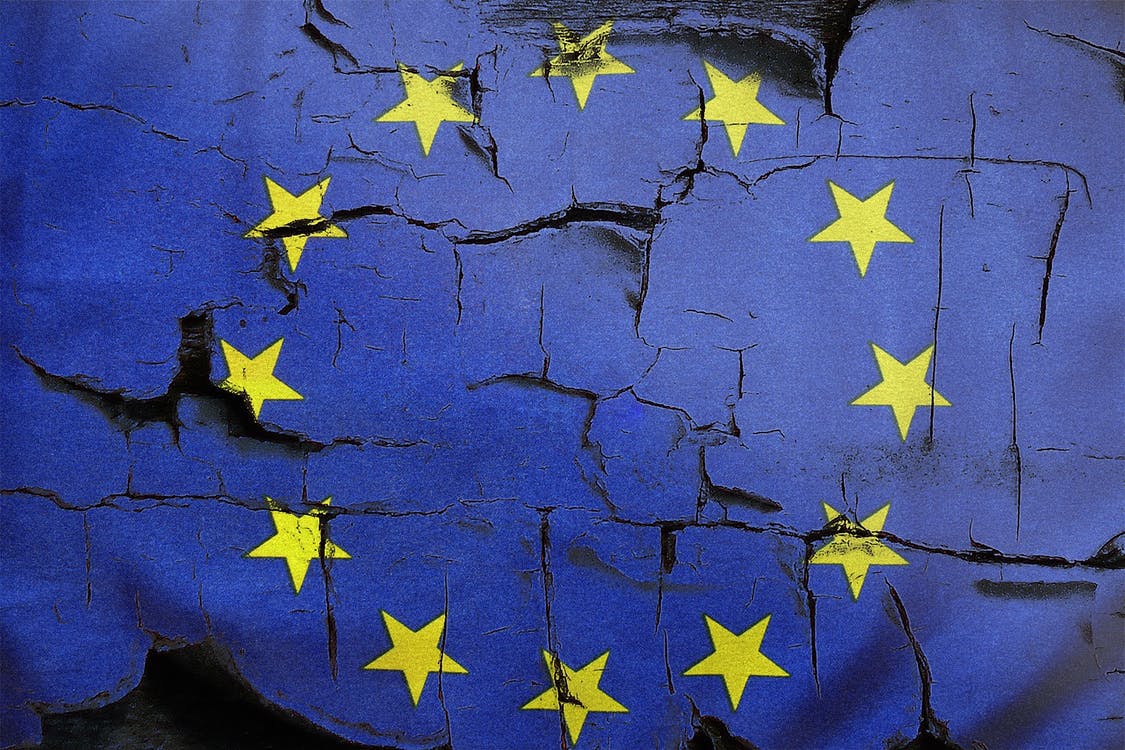
Conflicts in Europe: A catalyst for populusm and division
Europe has found itself grappling with several simmering conflicts in recent years. In this article, we will explore how these conflicts are impacting Europe and potentially fueling the rise of populism.

Lowering the voting age to 16?
A natural step in democracy or a risk of rise of populism?
On the occasion of almost every election, regardless of the country, numerous questions arise in the social debate.

Protests in ISrael
Israel, the only democracy in the Middle East. This is how the state has been called since its founding in 1948. And now – 75 years later, many of its citizens see this democracy in great danger

chat Gpt: a risk or an asset for European values
Imagine a programmed application developing instantly an infinite quantity of articles releasing false information or a software which manipulates photos and videos – all these things already exist…

Exploring Artificial Intelligence in the Age of Populism
Over the last years, “Artificial Intelligence” plays a more and more important role. What is the secret connection between A.I and populism nowadays? Can A.I be used as a tool for populist movements?
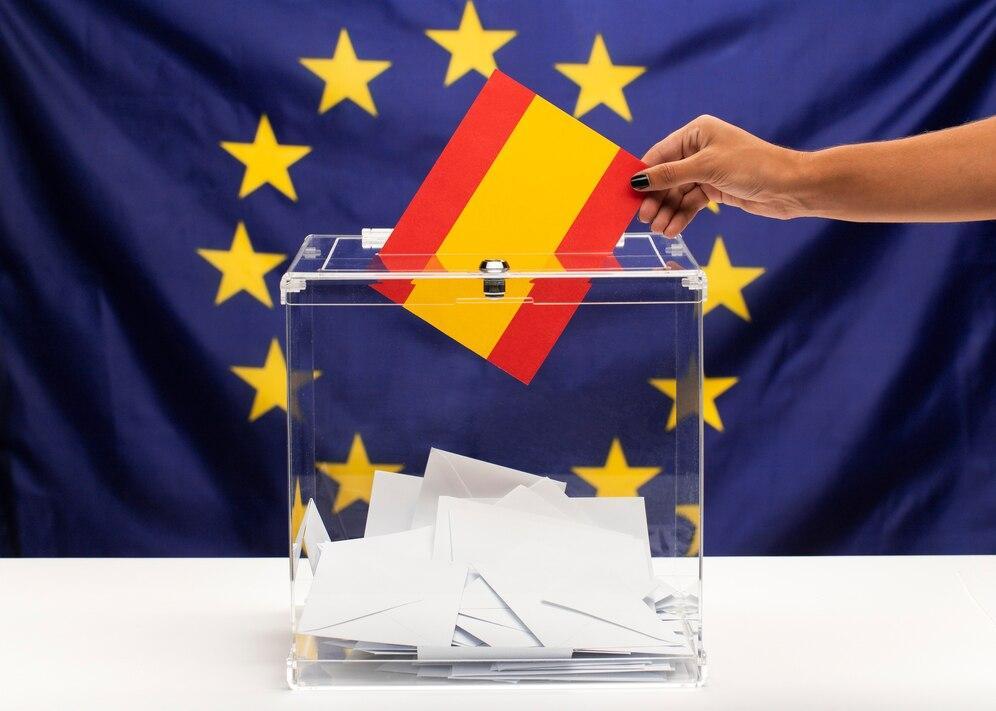
What Europe has to learn from Spain
As if it were a unique astronomical event, every four years, and after several months brewing, the perfect day to go for a walk occurs: election day. The streets are emptier than usual, …
The impact of the Russia–Ukraine War on right-wing populism in Europe
24 February 2022, the day Russia invaded Ukraine, sparked the worst conflict in Europe since World War II. In Ukraine, tens of thousands people have been killed, countless buildings and the Ukrainian infrastructure have been destroyed, and live of millions of people has been turned upside down.
For other countries, the war also has brought fears and uncertainties in terms of the security situation, but also economic aspects. The war disrupted global trade that was still recovering from the pandemic. Prices for food, gas, oil and many other products have increased dramatically which has a noticeable impact on peoples live all around the world…

The “main loser”
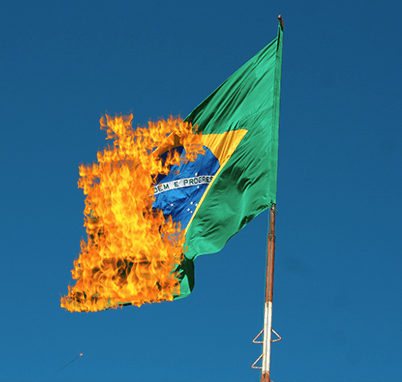
Travelling through a divided country
It was December 30th, 2022, two days before the inauguration of the re-elected President Luis Inácio Lula da Silva. I was curious to find out what people were expecting… Read more from Magdalenas travel through Brazil.

a podcast a day keeps the populist away
To fully understand populism, it is important to learn about history, and the mechanisms which lead to a certain thing to happen, certain leaders to be in charge… Why not try to listen to marvellous podcasts on history?

The evolution of populist movements in Europe
The word populism is increasingly present in the public sphere and in the political context, due to the broad and rapid increase of this phenomenon in personal and collective discourses and expressions. The definition most used…

fake news as a social phenomenon
Undoubtedly, globalisation and democratisation have played an important role in promoting it. We cannot fail to bear in mind that fake news is a social phenomenon.
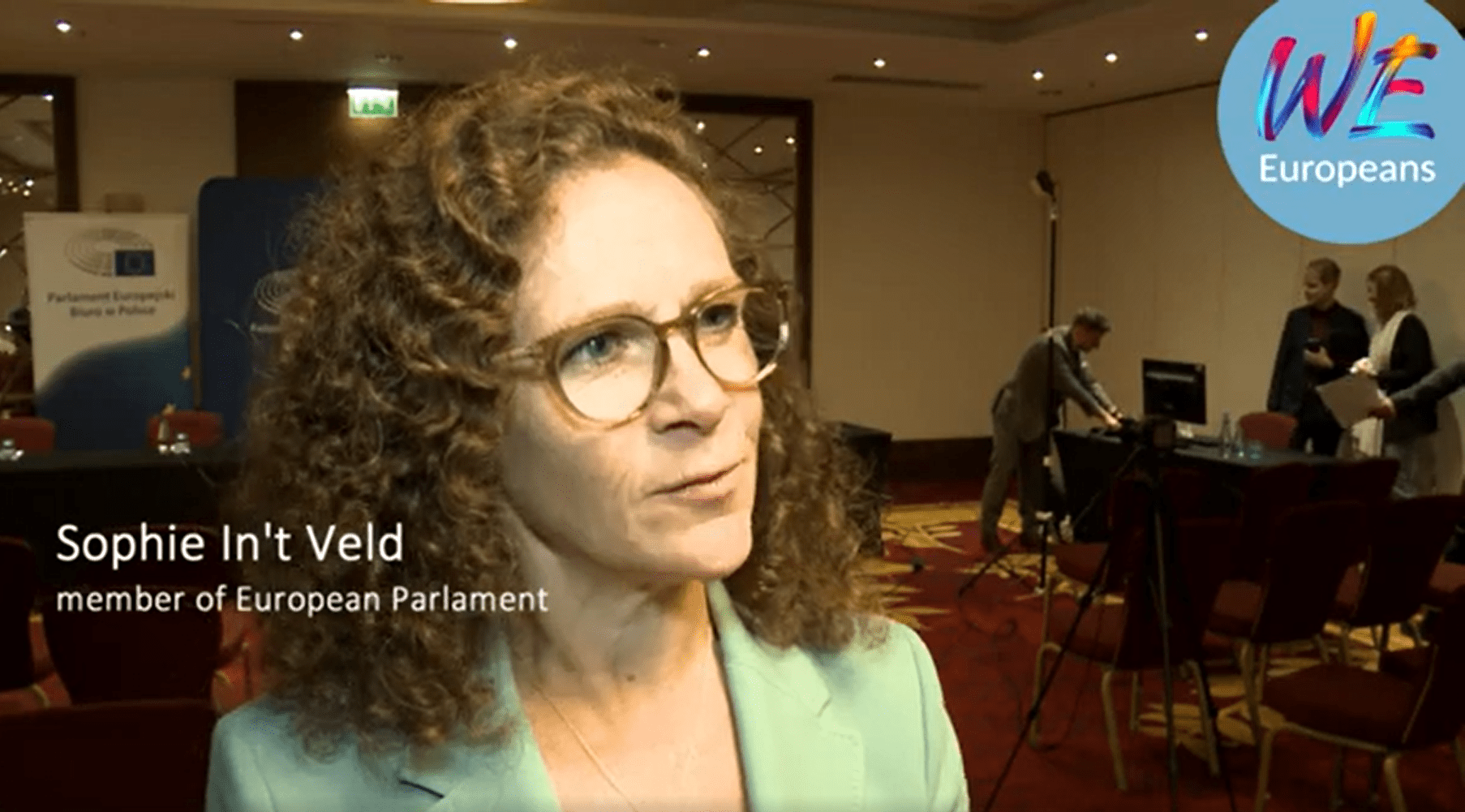
Fighting fake news
Sophie In´t Veld, Member of the European Parliament talks in an interview with We-Europeans team Poland about fake news, trust and the responsibility of politicians.
Check out the videos.

What is populism?
“There is no unified definition of populism but there are commonalities.”, says Martin Mejstřík about populism at the We-Europeans Online Event on 9 November 2022.
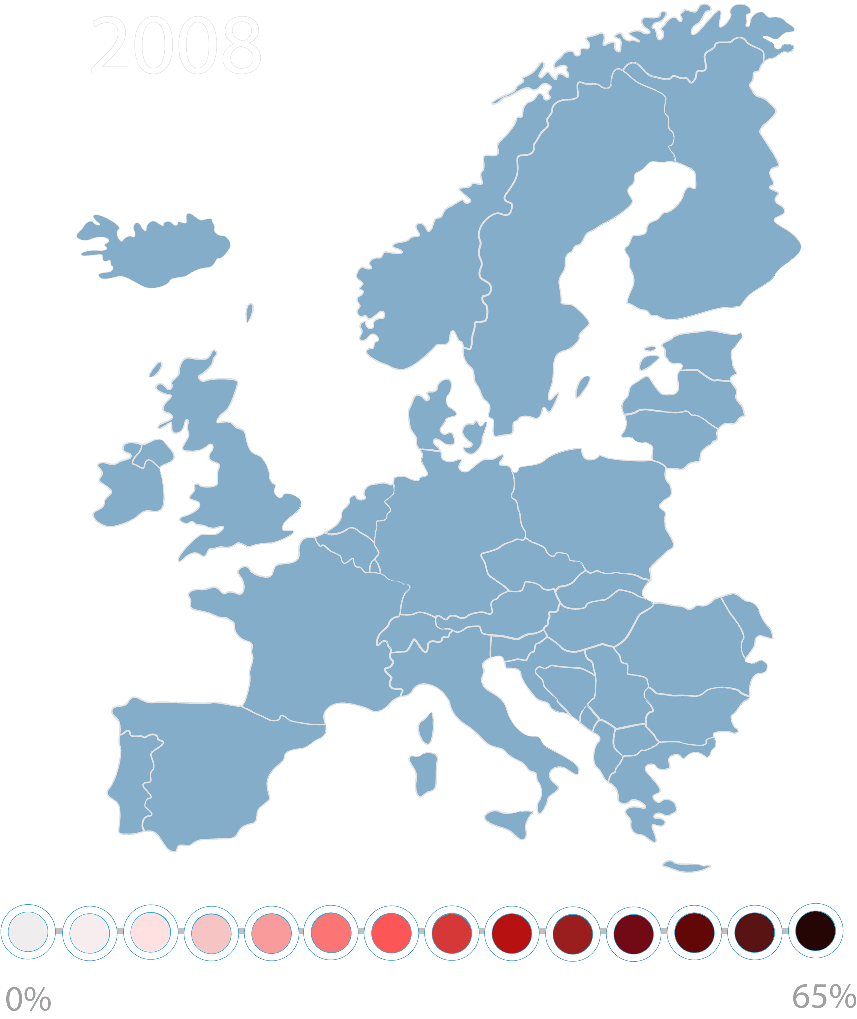
Populism in Europe
Populism has been growing strongly throughout Europe for years. Populist parties are clearly represented in parliaments in almost all European countries and their vote share is increasing. It is undeniable that many people feel represented by populist theses and movements.
Populists are gaining in importance due to a growing dissatisfaction and disaffection with politics among citizens. This is caused e.g. by developments related to globalisation and rapid technological change that are difficult to understand and affect personal lives. Another cause is a multitude of crises since 2001 and especially the past decade like the European debt crisis, the refugee crisis, BREXIT or Covid-19. Political decisions affect people more directly than ever before, but are often not understood, are considered over-bureaucratic and distant from life…
